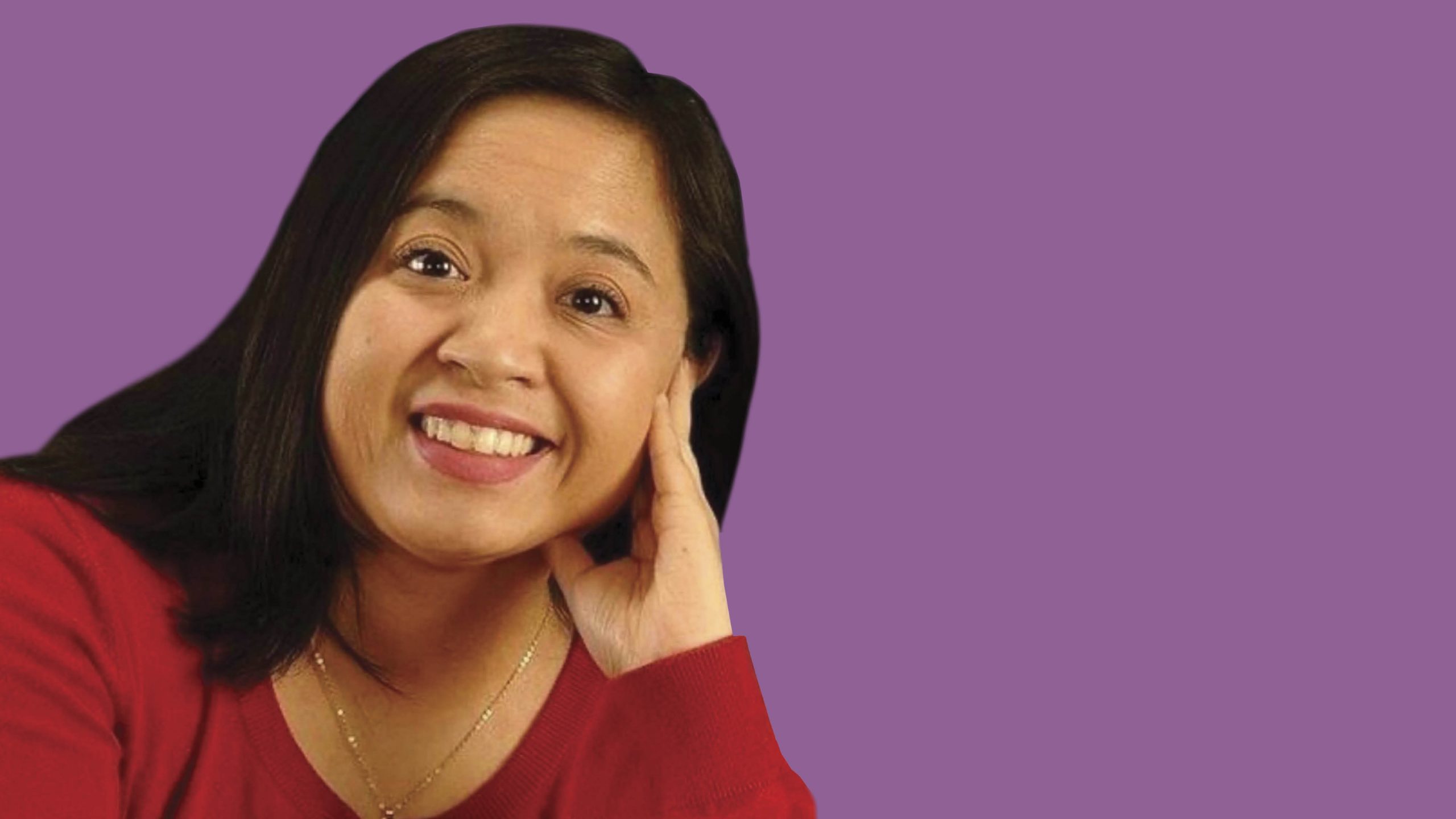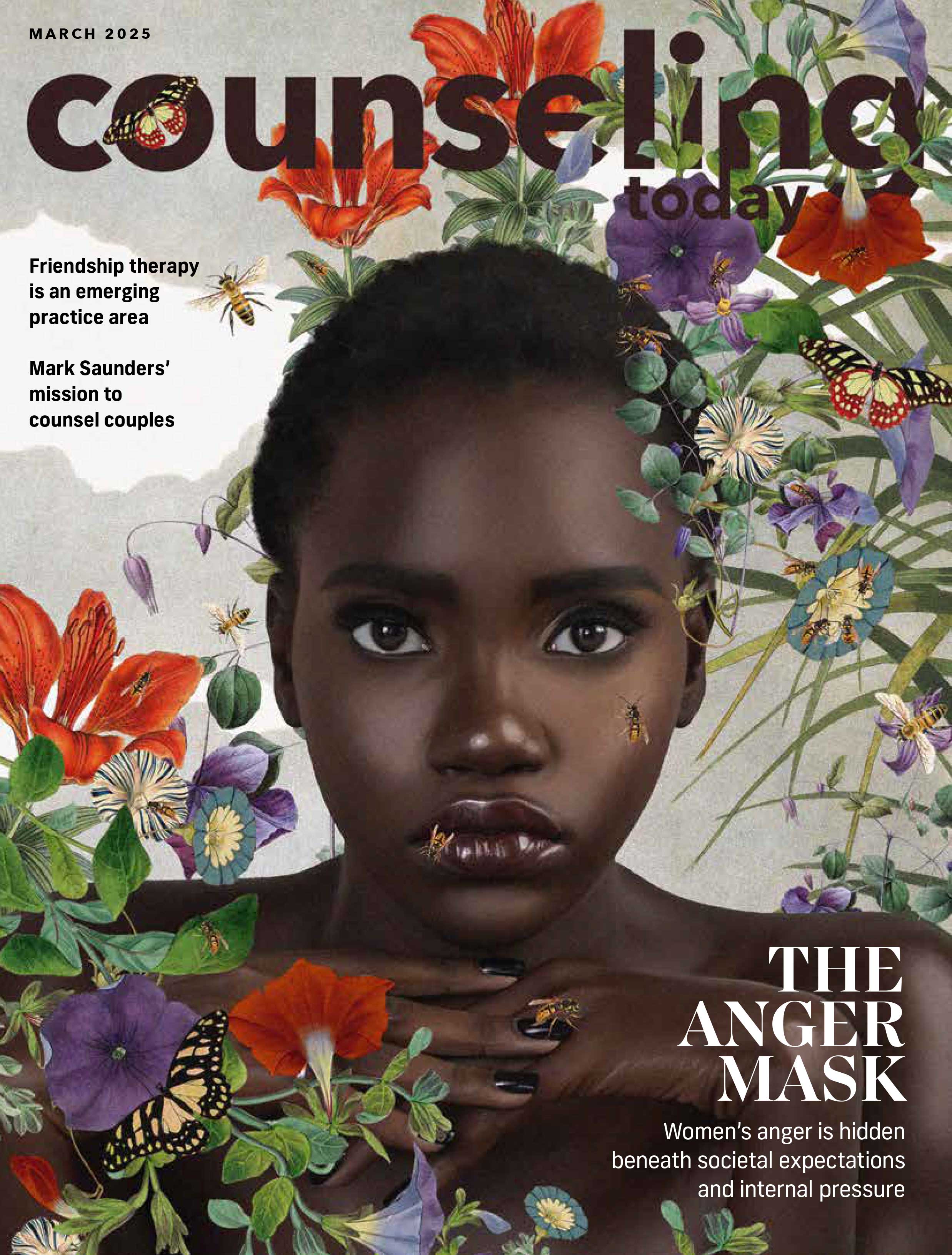Finding Power and Purpose Within Yourself
By Olivia Fadul, LPCC
January 2024

We are often taught in society that we should fit in and avoid sticking out in any way. If we are different or break the accepted “cookie cutter” mold, then we face negative consequences of being shamed, “othered” or silenced.
This is a lesson I learned at an early age. As a second-generation Filipinx American woman growing up in Huntsville, Alabama (the first city in Alabama to integrate schools), I am no stranger to standing out in a crowd. I was 5 years old when I first realized I was different from others. I was the only kid in school wearing hearing aids.
After being diagnosed with hearing loss in 1989 (one year before the Americans with Disabilities Act was signed into law), I struggled with my sense of identity. I noticed that unlike me, all my family and classmates had “normal” hearing. I remember being on the playground one day shortly after realizing I was different and throwing my hearing aids on the ground. I was attempting to “throw away” my deafness.
Throughout most of my childhood, I struggled with feeling different and stigmatized until I met my middle school counselor, Donna Clark. Her empathy and compassion helped me realize that I added something valuable to the world and that I shouldn’t let one aspect of my identity define my entire existence. She also connected me to resources that would help me advance.
This experience inspired me to become a counselor and help others who are struggling with accepting who they are. I now help clients embrace their identities — especially the ones they feel make them “different.”
In 2010, I reconnected with my middle school counselor at the annual Alabama Counseling Association Conference, and she became one of my first counseling mentors and my biggest cheerleader. With her support, at age 30, I became the youngest person to serve on the Alabama Counseling Association Executive Governing Board.
Accepting who you are is a lifelong process. I still have moments where my own imposter syndrome makes me feel like I should quit. As a disabled counselor, I continue to work on this. Because I have made a conscious choice to own my imposter syndrome (which is a form of internalized ableism), I can now say “yes” to opportunities and willingly embrace and share my story.
I am inspired by the disability rights activist Judy Huemann. When she started school in the early 1950s, the school administrators denied her entry, saying she was a “fire hazard” because she was in a wheelchair. Huemann went on to become a lifelong civil rights advocate for people with disabilities. Her story taught me that advocating for my community is how change happens.
Our stories and wounds are our truth. My disability shaped who I am personally and professionally. I am one of the founding members of the American Rehabilitation Counseling Association’s Accessibility Task Force, which provides guidelines and strategies to confront ableism and ensure accessibility at conferences. During my doctoral program, I founded a deaf and hard of hearing peer support group for higher education students at the university. I also serve as a board member for the Albuquerque chapter of the Hearing Loss Association of America and on the City of Albuquerque’s American with Disabilities and Advisory Council.
I have come a long way from the 5-year-old girl who tossed her hearing aids out of anger, frustration and shame. I now know that my disability is a part of me — one I’m proud of. And it serves as motivation as I continue to help improve mental health and education infrastructure for the next generation of clients, students and professors with disabilities.
Opinions expressed and statements made in articles appearing on CT Online should not be assumed to represent the opinions of the editors or policies of the American Counseling Association.


